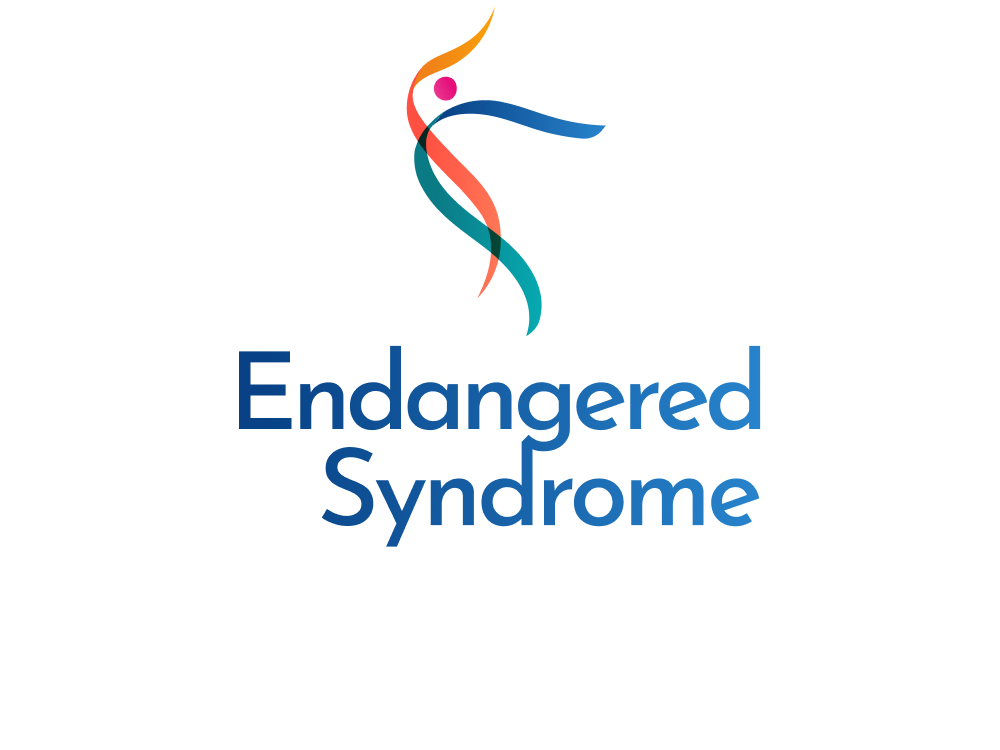Down Syndrome (Trisomy 21) is not considered an endangered condition in the same way that animals are viewed as endangered species. Which is why the Endangered Syndrome campaign created soo much controversy. Are we comparing people to animals who are at risk of extinction? Down Syndrome is a naturally occurring genetic mutation that has been observed in human populations for many centuries.
However, the term “endangered” may be used in a different context when discussing Down Syndrome. In some cases, the term is used to highlight concerns about the decreasing numbers of children born living with Down Syndrome in certain populations due to advancements in prenatal screening and the availability of prenatal testing options.
Iceland is highlighted as an example of a country where numbers of people living with Down Syndrome have plummeted due to almost universal terminations of prenancy on diagnosis of Down Syndrome as a result of these screening tests.
These screening tests can identify the presence of Down Syndrome during pregnancy, which has led to a significant increase in the number of pregnancies being terminated when Down Syndrome is detected. This has generated significant discussion, debate and raised ethical questions and concerns about the potential impact on the Down Syndrome community.
When we are discussing the terminations and using the word endangered, it is very important to approach this topic with the utmost sensitivity and respect for the diverse perspectives and experiences of individuals and families affected by Down Syndrome.

